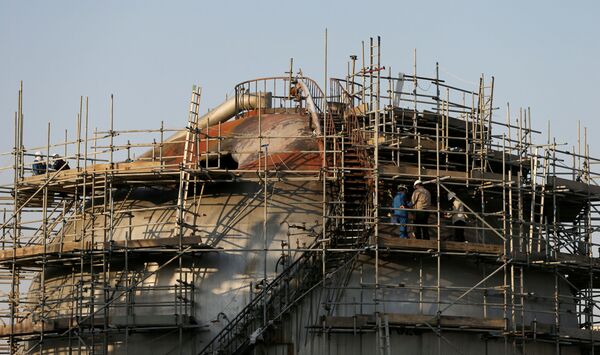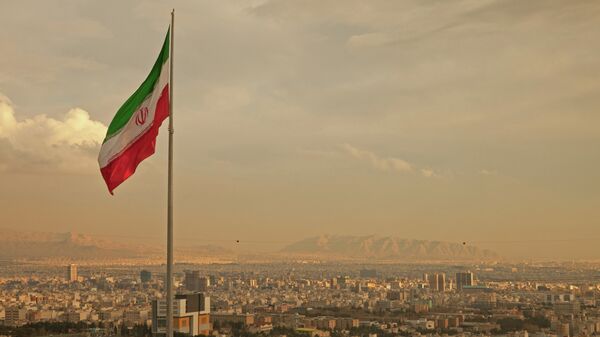Saudi Arabia has sent diplomatic messages to Iranian President Hassan Rouhani via third parties, government spokesman Ali Rabiei announced on Monday.
“Messages from the Saudis were presented to Hassan Rouhani from the leaders of some countries,” Rabiei said, according to the Iranian Labour News Agency.
“If Saudi Arabia is really pursuing a change of behaviour, Iran welcomes that,” the spokesman noted, without specifying the messages’ contents.
“Part of the Hormuz peace plan is also about working with neighbours like Saudi Arabia, so Iran welcomes the process,” Rabei said.
Aside from private messages, Iran is waiting to see public messages” from Saudi Arabia, one of which “can become the end of the attack on Yemen,” Rabei said. Tehran, he noted, is ready to do what it can to help facilitate a ceasefire in that war-torn country.
‘Hormuz Peace Endeavour’
Separately on Monday, Iranian Foreign Ministry spokesman Abbas Mousavi promised that Tehran would soon unveil details on the Hormuz Peace Endeavour (HOPE) announced by President Rouhani at the UN General Assembly in New York last week.
“Details of the plan will soon be provided in written form, particularly for the eight countries that we have invited to join this coalition,” Mousavi said.
Last week, Iranian Foreign Minister Mohammad Javad Zarif clarified that the Iranian-proposed security coalition could include Iraq, Saudi Arabia, Bahrain, the United Arab Emirates, Qatar, Oman, Kuwait, and possibly Yemen. According to Zarif, Gulf countries were “duty-bound to ensure peace, stability and prosperity in the region,” and, “together with the international community…have common interests in maintaining freedom of navigation and energy transfer.”
Earlier this month, President Rouhani said that the security of the Persian Gulf, Strait of Hormuz and Sea of Oman was an “indigenous” matter, and that “foreign forces could cause problems and insecurity for our nation and region.”
Iranian-Saudi Tensions
Tehran’s ‘Hope Initiative’ was announced amid seething tensions between Iran and Saudi Arabia. Tensions skyrocketed earlier this month after a massive sabotage attack on two major Saudi Aramco oil facilities, which temporarily crippled upwards of half of Riyadh’s oil production capabilities. Yemen’s Houthi militia claimed responsibility for the strikes, but US and Saudi officials have since accused Tehran. Iran has dismissed the claims, accusing the US of moving from a policy of “maximum pressure” to one of “maximum deceit” with its ‘baseless allegations.’
Before the oil facility attacks, Tehran has repeatedly criticised the US-led maritime security coalition formed in the Persian Gulf region. The UK and Australia have joined that coalition, with Saudi Arabia, the United Arab Emirates and Bahrain formally joining the initiative following the Aramco attacks.






